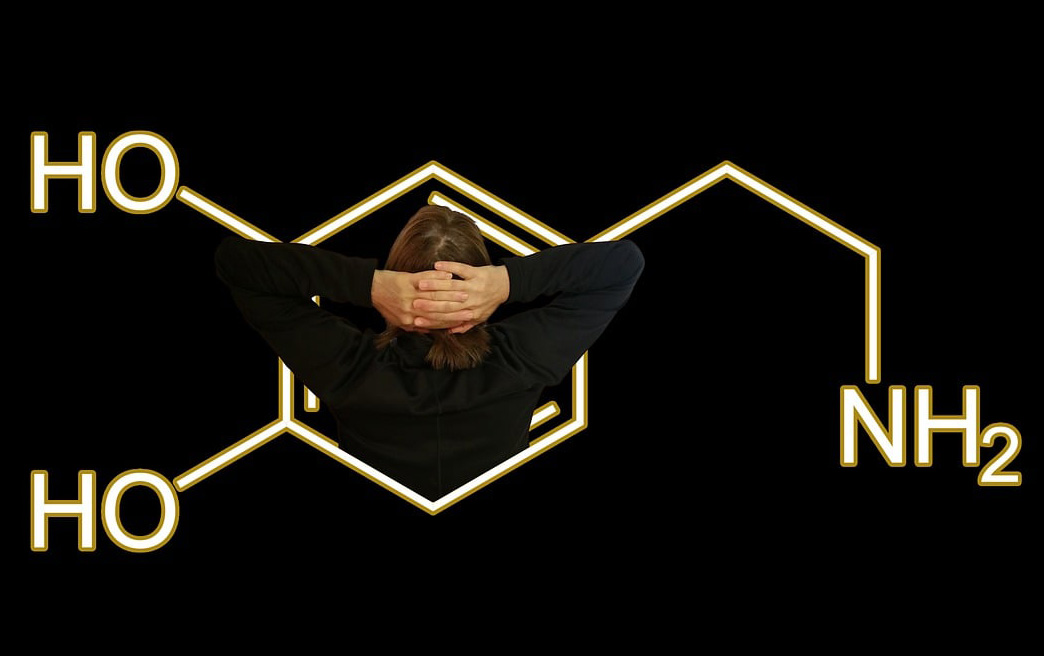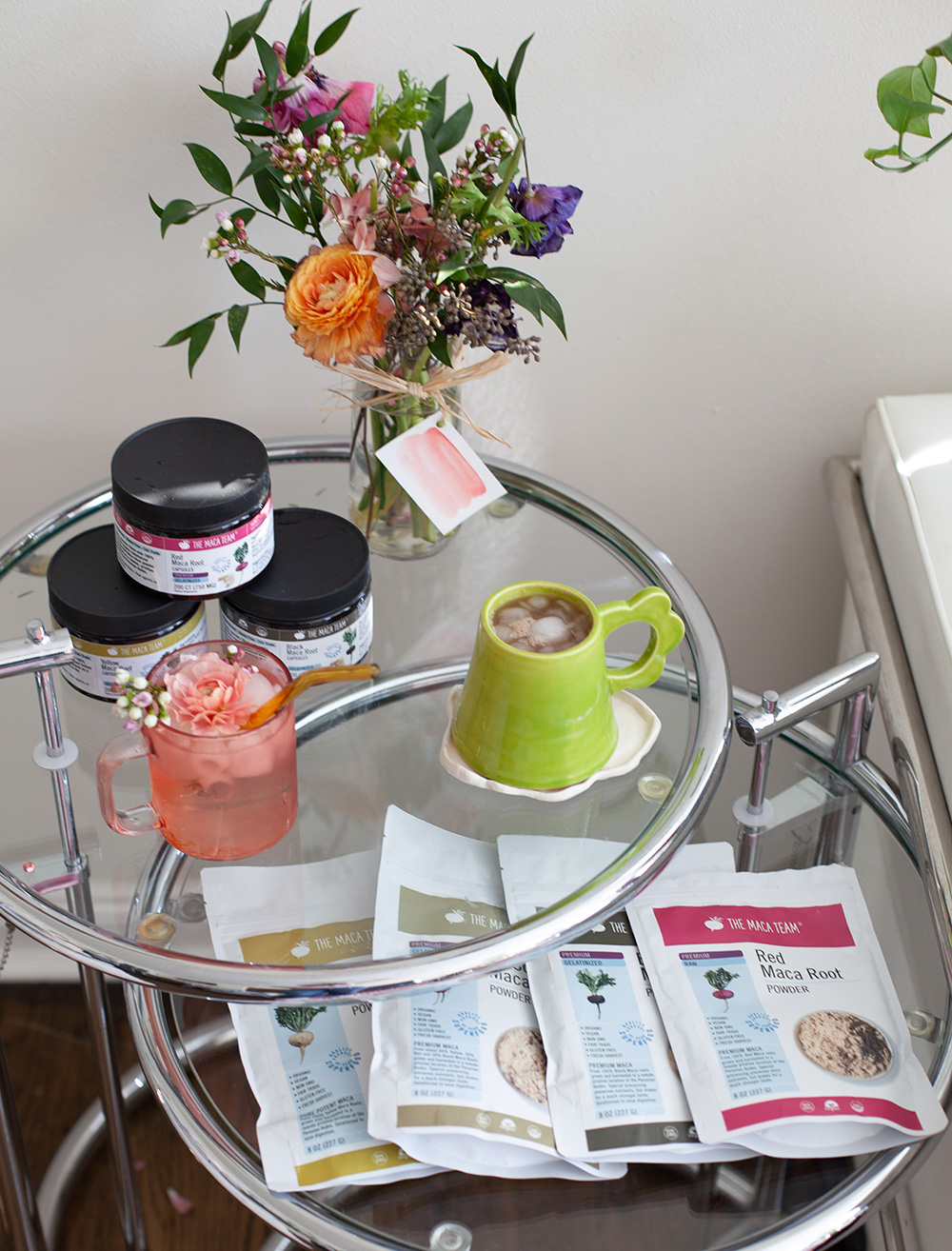Does Maca Increase Dopamine Levels
Introduction
 Maca root, scientifically known as lepidium meyenii, is a vegetable native to the high-altitude regions of the Andes in both Peru and Bolivia. It has been grown for 1000s of years and has served as both a staple food and natural medicine for the inhabitants of the high Andes. Over the past few decades, maca has garnered significant attention in recent years due to its reported health benefits which are broad and varied. Maca root seems to affect the endocrine system in a positive way and is associated with a variety of benefits that stem from healthy hormones. These range from physical improvements such as clearer skin, better stamina, increased fertility and enhanced libido to emotional benefits such as improved mood and decreased anxiety.
Maca root, scientifically known as lepidium meyenii, is a vegetable native to the high-altitude regions of the Andes in both Peru and Bolivia. It has been grown for 1000s of years and has served as both a staple food and natural medicine for the inhabitants of the high Andes. Over the past few decades, maca has garnered significant attention in recent years due to its reported health benefits which are broad and varied. Maca root seems to affect the endocrine system in a positive way and is associated with a variety of benefits that stem from healthy hormones. These range from physical improvements such as clearer skin, better stamina, increased fertility and enhanced libido to emotional benefits such as improved mood and decreased anxiety.
When considering how maca works, especially on the emotional level, one question that often arises is whether maca can increase dopamine levels. In this article we’ll explore the connection between maca root and this important neurotransmitter by looking at the mechanisms by which maca functions as well as summarizing the available research.
What Is Dopamine?
Dopamine is a neurotransmitter, a chemical messenger that plays a crucial role in various physiological processes within the body. It is often referred to as the "feel-good" neurotransmitter because it's associated with feelings of pleasure, motivation, reward, and overall well-being. Dopamine is involved in numerous functions, including regulating mood, motivation, focus, and motor control.
Research On Maca and Dopamine
Although not many studies have been done specifically on dopamine, several others have found that maca root does provide neuroprotective effects when used to combat stress.
The one available study that specifically mentions maca and dopamine concludes that.
“In mouse brain tissue, after six weeks of treatment, noradrenaline and dopamine levels were increased by maca extract, and the activity of reactive oxygen species was significantly inhibited. Serotonin levels were not significantly altered. These results demonstrated that maca extract (250 and 500 mg/kg) showed antidepressant-like effects and was related to the activation of both noradrenergic and dopaminergic systems, as well as attenuation of oxidative stress in mouse brain.” Journal of medicinal food – 2014
That’s encouraging news for people who use maca as a functional food to support overall emotional health and balance.
What Is The Relationship Between Maca and Dopamine?
As we’ve just seen, at least one study, along with many anecdotal reports suggest that maca can positively impact dopamine levels. Let’s explore how this may happen.
- Adaptogenic properties: Maca is classified as an adaptogen, or a natural substance that helps the body adapt to stress and maintain balance. Some research suggests that adaptogens may have a positive influence on dopamine levels indirectly by helping the body manage stress more effectively. Reduced stress levels can lead to improved mood and overall well-being.
- Nutrient composition: Maca is rich in various nutrients, including vitamins, minerals, and amino acids. Some of these nutrients play a role in the synthesis and regulation of neurotransmitters, including dopamine. For example, vitamin B6 and certain amino acids are precursors to dopamine production in the body.
- Mood enhancement: Many individuals who consume maca supplements report an increase in overall mood and energy levels. While this could be attributed to various factors, including improved nutrition and stress reduction, some users suggest that maca may contribute to these mood-enhancing effects by indirectly influencing dopamine levels.
- Limited direct evidence: It's important to note that there is limited direct scientific evidence that maca directly increases dopamine levels in humans. Most studies on maca have focused on its potential benefits for hormonal balance and sexual health, rather than its impact on neurotransmitters.
- Given the evidence and reports for users of maca, more research and understanding is merited. Hopefully, this is something that researchers with a focus on maca root benefits will undertake in greater detail. In the meantime, there’s nothing against starting maca and tyring it for yourself.
Important Factors When Using Maca
- Maca is a food and not a drug or even a supplement. As a food it is particularly powerful and nutrient rich. It is a good idea to follow some of these guidelines when taking maca:
- Make sure that the maca you purchase is high quality, organic and Peruvian grown. There is a great difference in the efficacy of different maca products. Quality is essential to achieving positive results.
- Choose the right maca for you. Maca grows in a range of colors and is offered in a variety of presentations including maca powders, maca capsules, maca extracts and maca chips. We have an excellent product selection tool. Find out which maca is best for you here.
- Stay consistent and consume the recommended amount. Especially when starting with maca, it’s important to follow proper serving guidelines and to take it every day. This will allow enough maca to build up in your system to start making a difference. Keep in mind that maca is not a quick cure-all. It takes time to work, so make sure to exercise patience. Most people start feeling initial results within 4 weeks of starting. For some it’s sooner and for others it’s a bit longer.
- There are no known contraindications for using maca, but if you are on blood pressure medication, it’s best to monitor your blood pressure readings regularly in conjunction with your doctor. Maca has been known to lower blood pressure and therefore medication levels may need to be adjusted.
Conclusion
So, does maca increase dopamine? Yes, preliminary research shows that taking a consistent serving of maca root does indeed increase dopamine. At the same time, more research is needed to establish a definitive link. Maca's potential impact on mood and overall well-being may be attributed to its adaptogenic properties, nutrient composition, and stress-reducing effects. If you decide to incorporate maca into your wellness routine, remember to consult a competent and knowledgeable healthcare professional if you have any concerns or questions.
![]()
